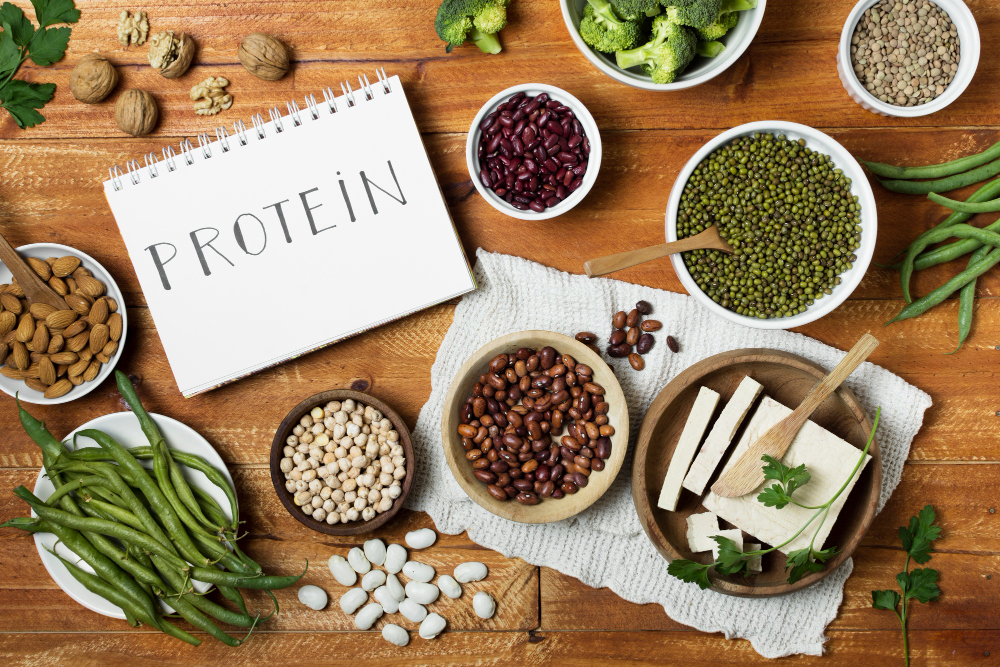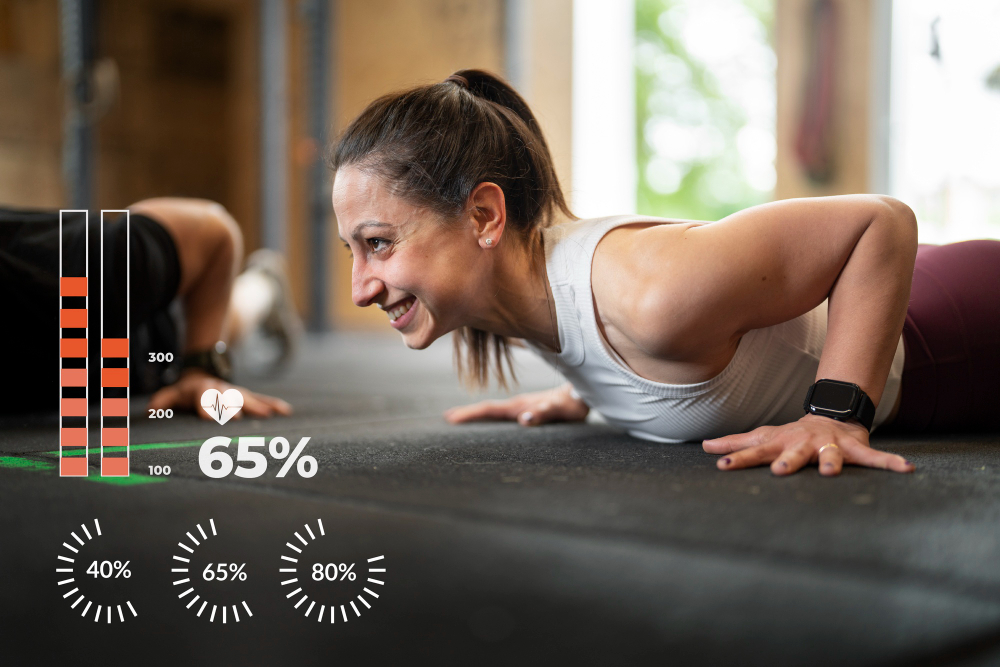
Are Plant-Based Proteins Enough? Fitness Nutrition Decoded
Protein has long been the sacred pillar of fitness nutrition—powering muscle growth, aiding recovery, and fueling performance. But as more people shift toward plant-based lifestyles, one major question keeps surfacing: Are plant-based proteins really enough for serious fitness goals?
Let’s decode the truth—myth, science, and macros included.
Understanding Protein: More Than Just a Number
Protein isn’t just about hitting grams per day. It’s about amino acids—the building blocks your body uses to repair and build muscle. Animal products (meat, eggs, dairy) are considered “complete proteins,” meaning they contain all nine essential amino acids in optimal ratios.
Most plant-based sources, on the other hand, are incomplete, lacking in one or more essential amino acids. But that doesn't make them inferior—it just means you need to get smart about combining them.
The Plant-Based Powerhouses
Contrary to what gym bros may tell you, there’s a solid lineup of high-protein plant foods that can absolutely support gains:
Lentils (18g per cup cooked)
Chickpeas (15g per cup cooked)
Tofu & Tempeh (10–20g per 100g serving)
Quinoa (8g per cup cooked – and it's a complete protein!)
Hemp seeds, chia seeds, and flaxseeds
Plant-based protein powders (pea, rice, soy, or blends)
When combined wisely—say, rice with beans or oats with peanut butter—you can easily complete the amino acid profile and support muscle growth and repair.
Quality vs. Quantity: The Bioavailability Factor
One argument against plant protein is bioavailability—how well your body digests and uses it. Some plant proteins score lower than animal proteins on the PDCAAS (Protein Digestibility Corrected Amino Acid Score). But modern blends (especially in powders) are now formulated to match, or even exceed, the usability of whey.
So yes, you may need to eat slightly more volume—but with the right planning, your body won’t know the difference.
Real Athletes, Real Results
Plant-based athletes like Venus Williams, Lewis Hamilton, and Patrik Baboumian (a literal strongman) have all proven one thing: You can thrive—athletically—on plants. The key lies in consistency, diversity, and awareness of your overall nutrient intake (especially B12, iron, and omega-3s).
The Final Verdict
So, are plant-based proteins enough for fitness?
Absolutely—if you do it right.
You need to:
Eat a variety of plant-based protein sources
Monitor total protein intake (aim for 0.8–1g per pound of body weight)
Supplement smartly if needed (B12, D3, creatine for vegans)
Consider adding a plant-based protein powder to bridge gaps
You don’t need animal products to sculpt muscle, build endurance, or boost recovery. Just a balanced plate, a bit of planning, and maybe a post-workout shake that didn’t come from a cow.





